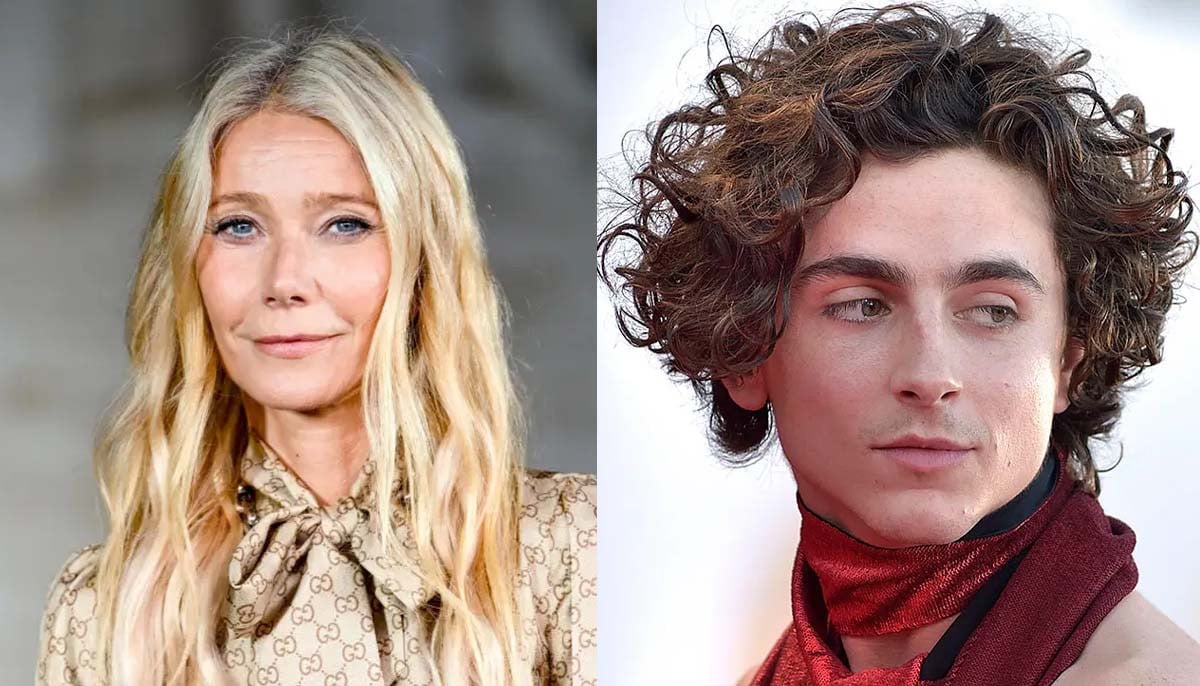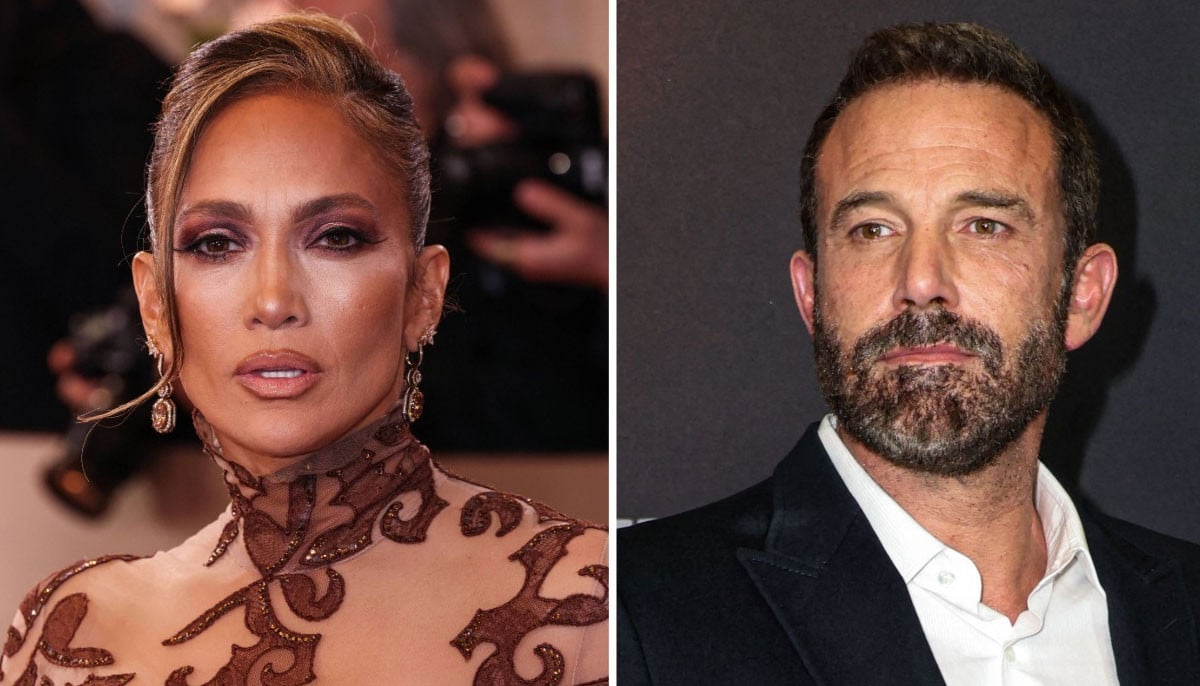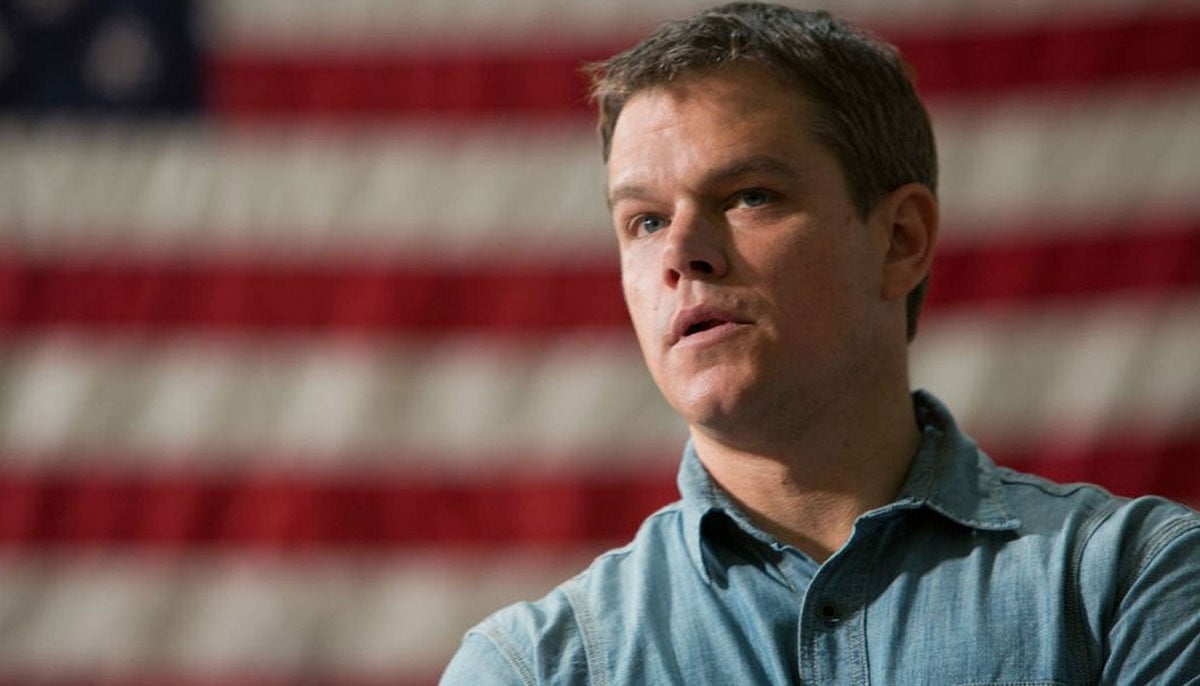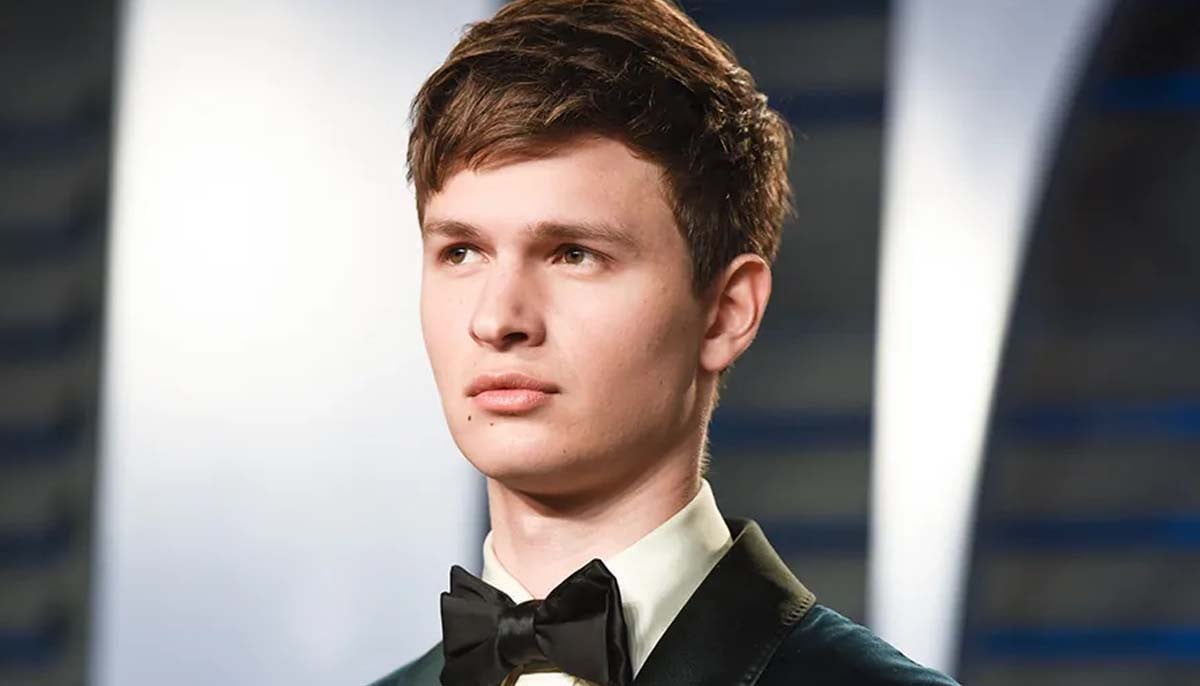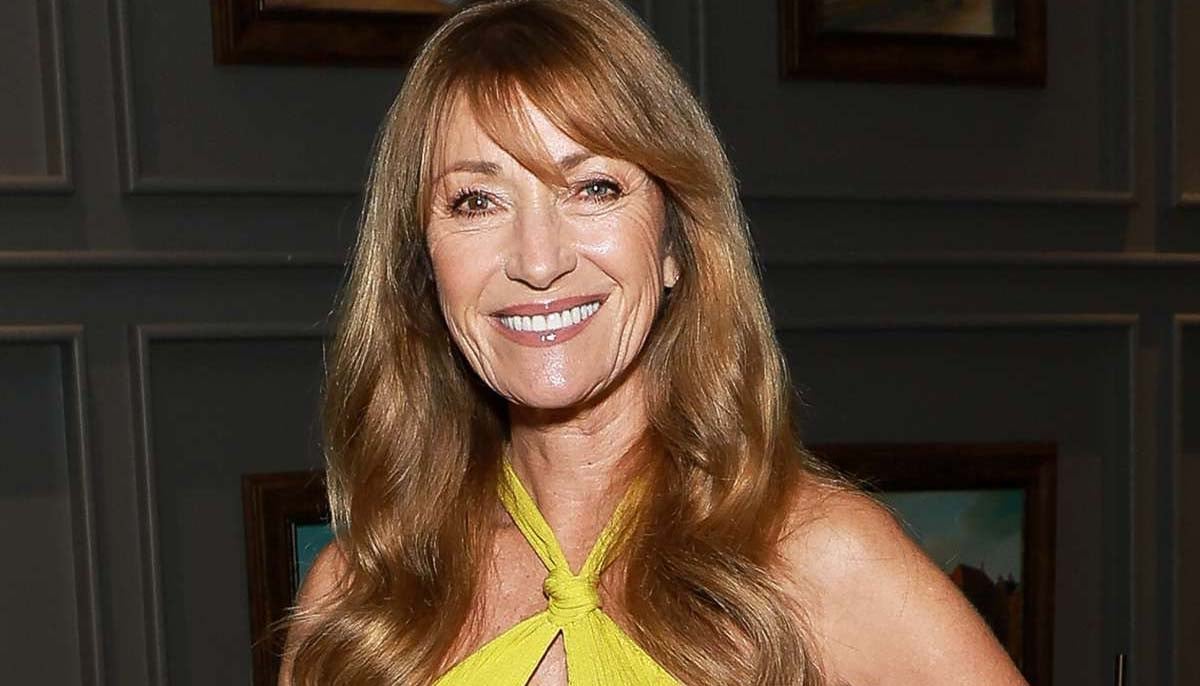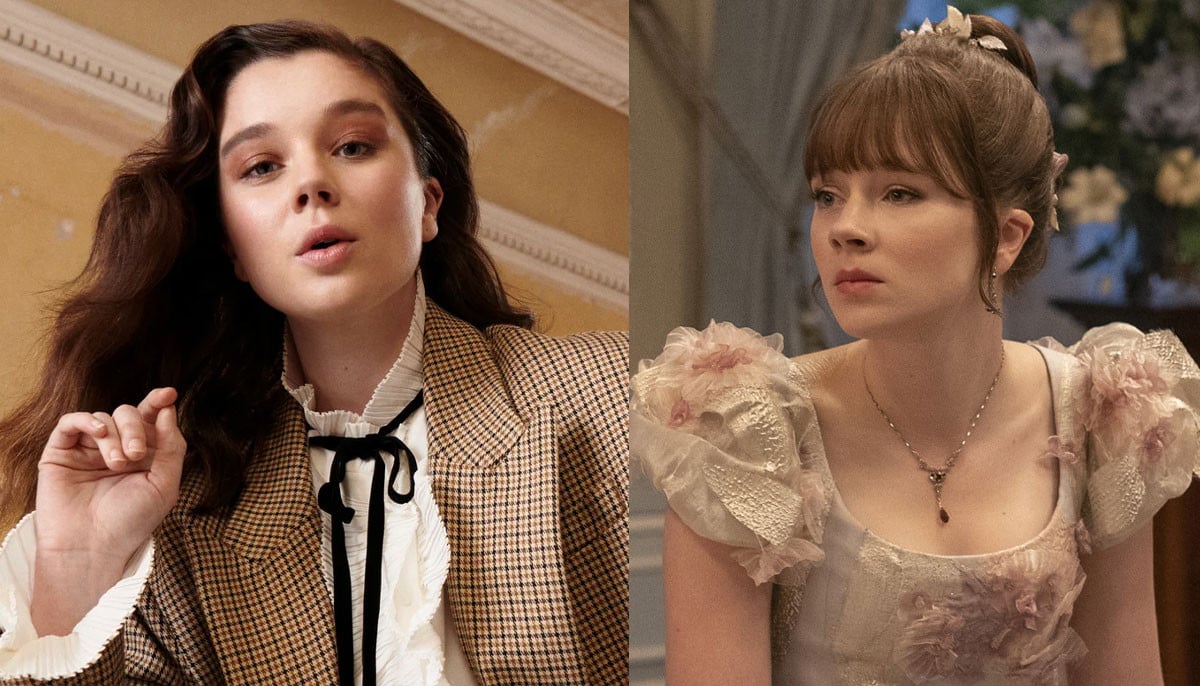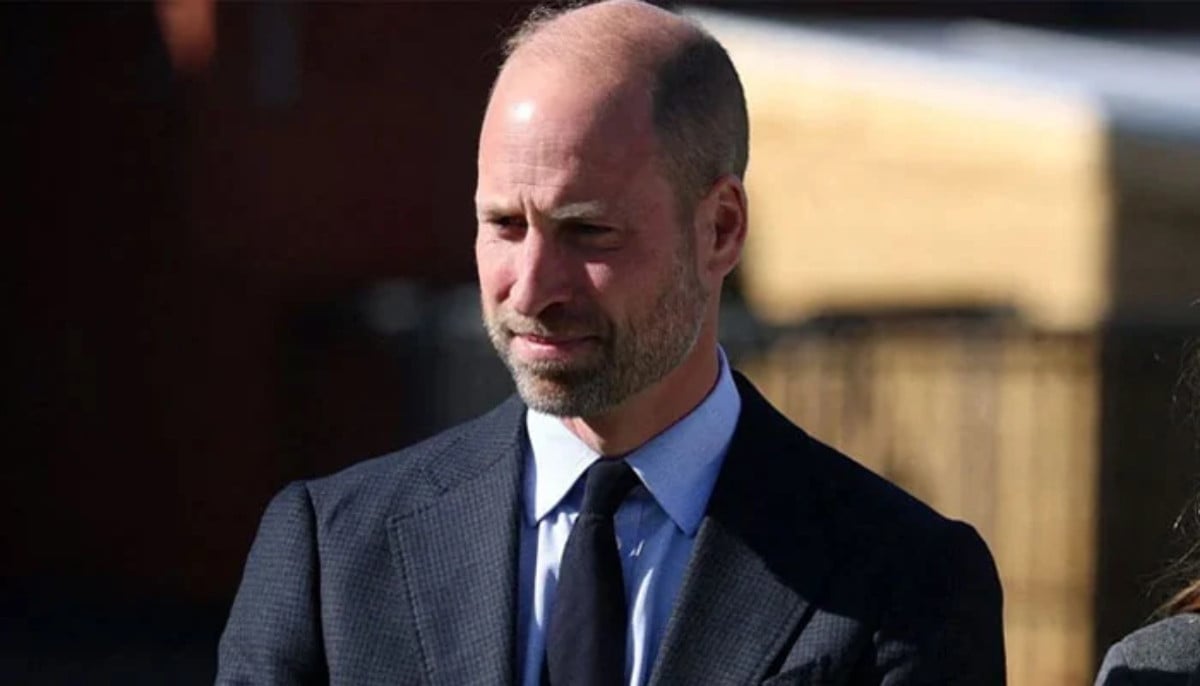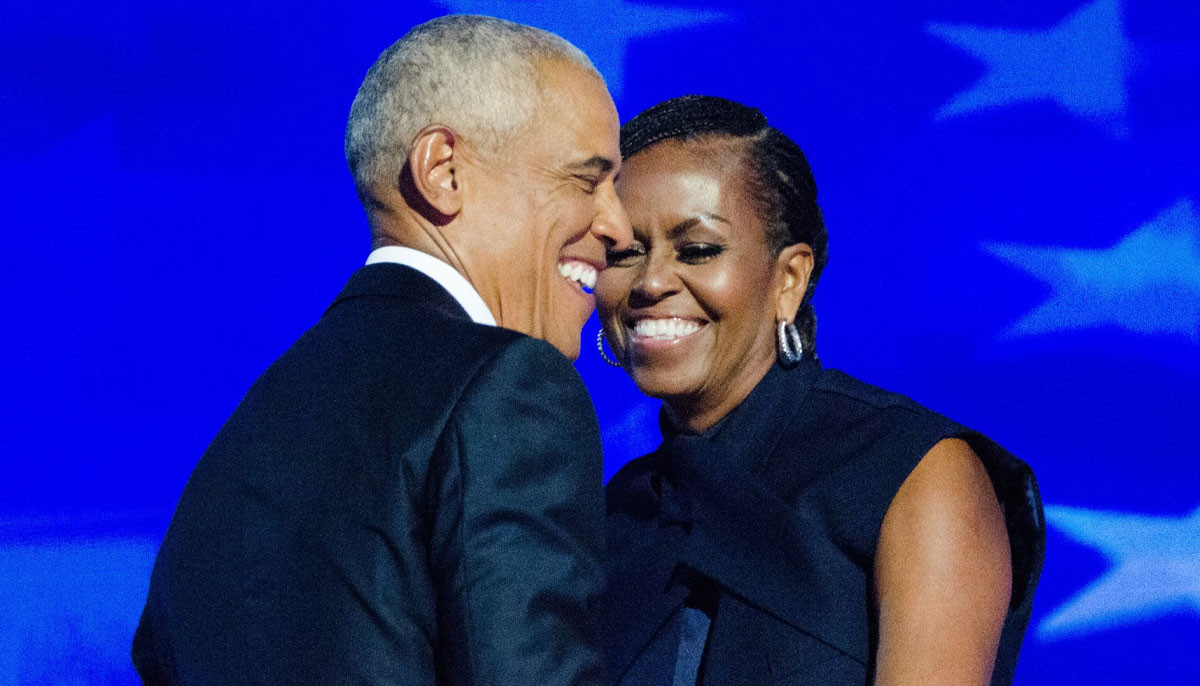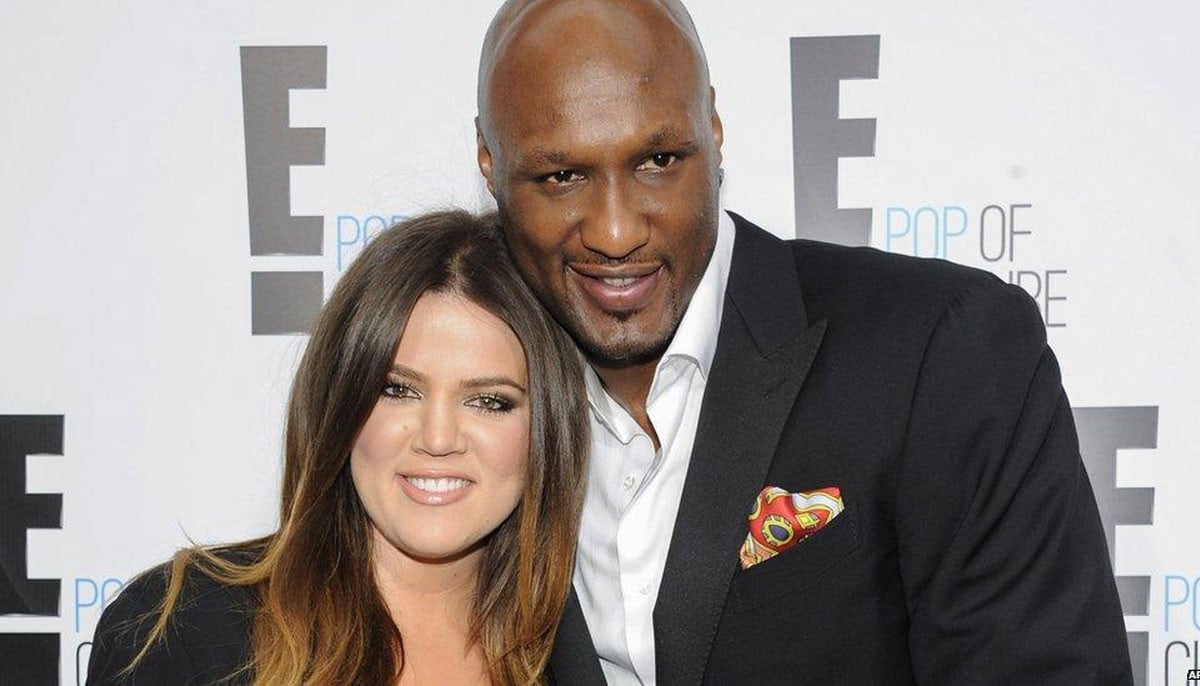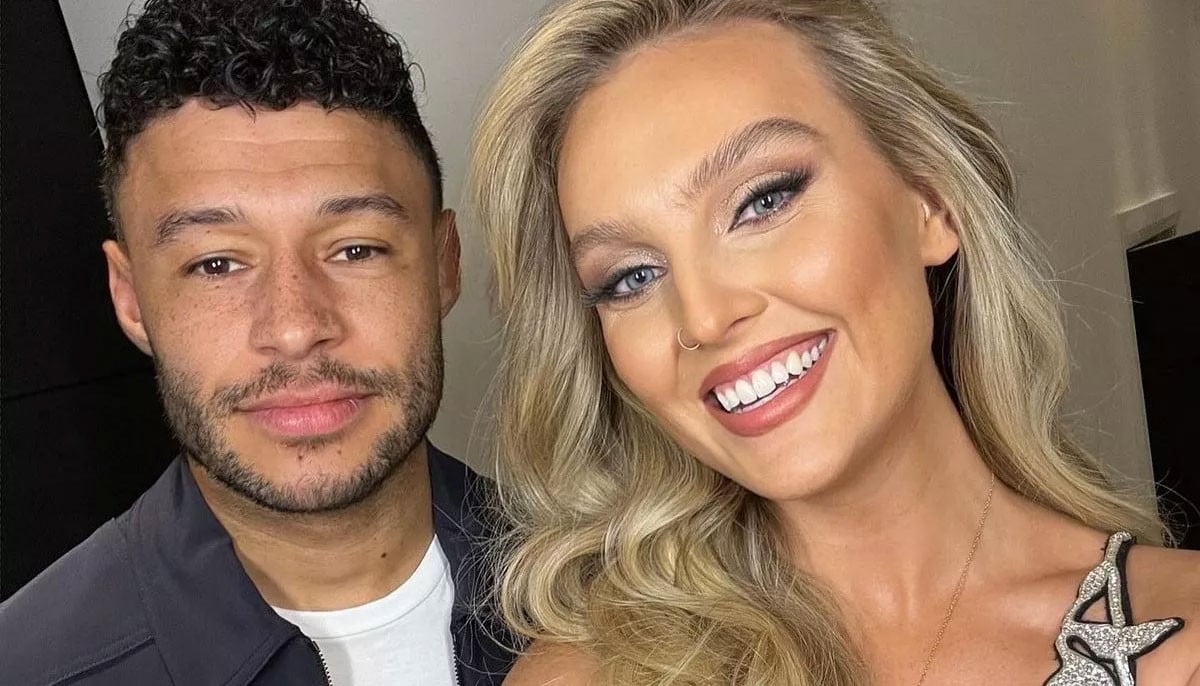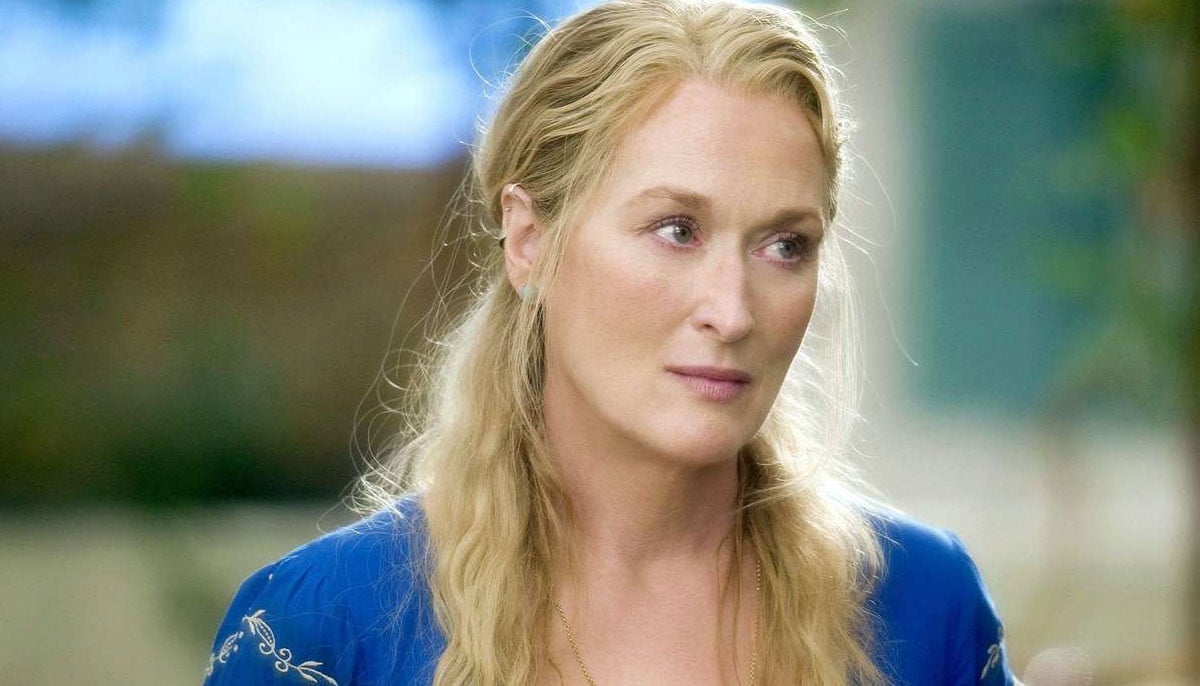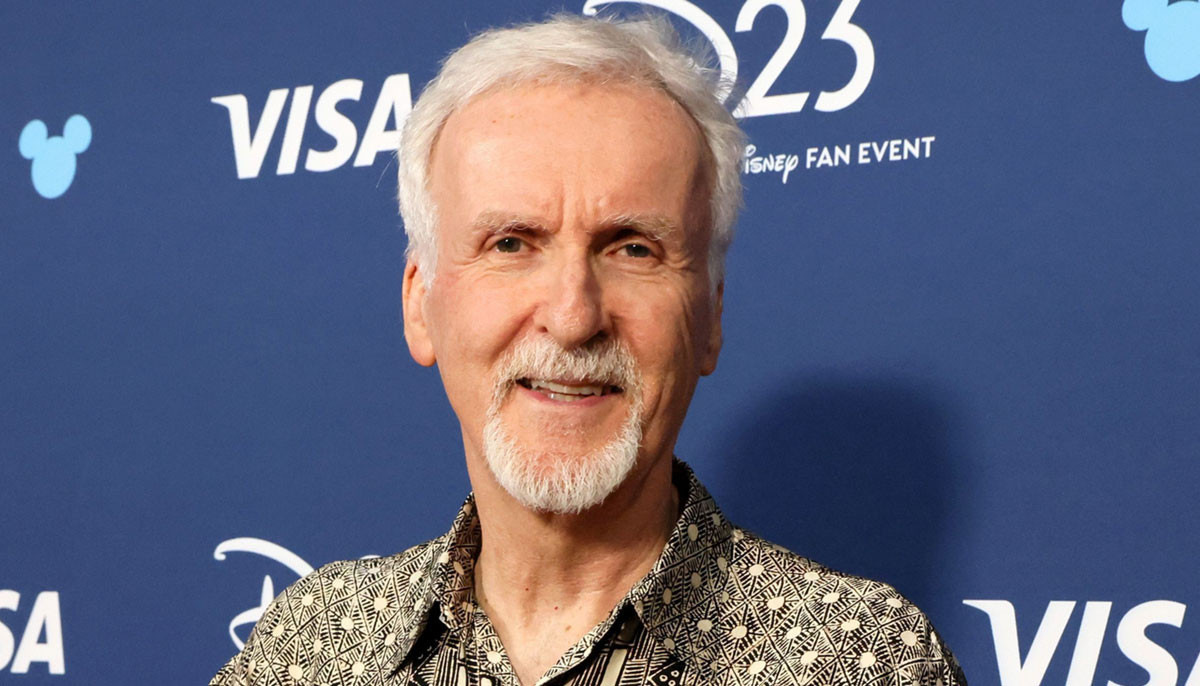Q&A: Ranveer Singh on ‘Befikre’ and the futility of movie promotions
MUMBAI: Ranveer Singh would rather be somewhere else. Anywhere than at Yashraj Studios where he is beginning another hectic day of promotions for “Befikre”, his latest film that releases this week.
“Is it Monday afternoon? I have lost track of time,” the 31-year-old actor asks half-playfully as we start the interview.
But once he starts talking, Singh is unstoppable, holding forth on the futility of prolonged promotional campaigns, the dynamics of a Bollywood love story, and why his role in film-maker Sanjay Leela Bhansali’s upcoming “Padmavati” is his toughest yet. Below are edited excerpts:
Q: You seem worn out?
A: Promotions are so frenetic. We have to act in the film and then we have to sell it also. I like to entertain people on various platforms, whether it is a TV show, or meeting large crowds of people. But I would like a situation where promotional campaigns are not so extensive and where actors are given the space to focus on what is at the core and the essence of what they do, which is being on a film set and acting. After a point, it can be taxing.
Q: But unless you blow your trumpet, people might not know about your work.
A: Yeah but that’s not my work. My work is between “action” and “cut”. The vehicle, the film that I am a part of, to get that message across, that is up to the producers, up to the marketing team. This whole enterprise - it’s become an enterprise now - of film promotions has become ritualistic. Since the last three or four years, it’s started becoming more and more … somebody will have to take a risk and see what happens.
Q: You mean not promoting a film at all?
A: Yeah. Let’s see what happens. Whether a film speaks for itself or whether these promotions actually do anything at all. I believe they don’t, because the signs are there for everybody to see. There are films that are extensively promoted that don’t get good openings, so what does that go to show?
Q: I remember a quote by Shah Rukh Khan where he said, “I managed to sell everything about ‘Ra One’, but I couldn’t sell tickets to the film”.
A: (Laughs) Yeah, “Ra One” was a milestone in film marketing. It was unprecedented. It came and changed the game for film marketing and everyone started aping what Mr. Khan did.
Q: Does it get repetitive for you? That you did the same thing last year for ‘Bajirao Mastani’ and that you are doing the same thing again this year?
A: Yeah, it’s the same thing. I was hoping that with a fresh film like “Befikre”, we would do something novel, but it’s really the same.
Q: Why is that?
A: You’ll have to ask the head of YRF marketing. Because he did mention to me a while ago that the marketing of this film would be novel, but it’s the same stuff.
Q: I thought you’d have enough clout by now to say ‘no’ and put your foot down?
A: (Laughs) No, I don’t. Unfortunately. I keep threatening the marketing team and saying “the day I have enough clout, main toh tumhare haath mein bhi nahi aaoonga (you won’t be able to catch me).” I have tried a bunch of times to put my foot down for various things during this campaign and nothing worked. (Pauses) I guess it is also Yashraj - they take advantage of the “ghar ki murgi (in-house talent).”
Q: Would you have said yes to ‘Befikre’ if it hadn’t been directed by Aditya Chopra?
A: A 100 percent. It was a brilliant script. I was in splits when I was hearing it. If any director gave me that narration, I’d be on, instantly. It’s young, fresh, endearing. It’s a laugh-a-minute and you feel so light and elated at the end of the film.
Q: Aditya Chopra wrote in a note that ‘Dilwale Dulhania Le Jayenge’ (DDLJ) wouldn’t work in today’s times. Do you agree?
A: Yeah. That was 20-something years ago. So the society was different, the mindset was different, gender dynamics were different and so were family dynamics.
Q: Do you identify with the dynamics in DDLJ?
A: To an extent, yeah, because I am 1985 born and that was the prevalent story arc at the time. But “Befikre” is very much about how things are (now), or at least how we think they are. The attempt is to give a somewhat true representation of how young people approach romance in today’s day and age.
Adi (Aditya Chopra) sir’s attempt is to make the definitive rom-com, because he felt the genre needed to be shaken up. He felt things were getting redundant. I agree to a large extent, because I believe that the genre didn’t have a true-blue installment. In Hindi films, what happens is that what starts off as a rom-com becomes a love story. The interval will have a big conflict, which will precipitate the entire second half and by the third act you will have drama, heavy emotions and all that. Where’s the romantic comedy? Where’s the light film?
Part of the risk in “Befikre” is that we believe the audience has evolved and that they will take a light film and be fulfilled by it, but it is still a risk. You are giving them an emotional connect, but not reveling in it. It’s a balanced dose, but does an Indian audience need that heavy dose in order to be fulfilled by a film? That remains to be seen. We are very bullish on the evolution of the audience.
Q: You are now working on your role as Alauddin Khilji in Sanjay Leela Bhansali’s “Padmavati”. Did you take as much time to prepare for it as you did for “Bajirao Mastani”?
A: With this one, there are no straight answers. He was born in Bengal, raised in Afghanistan, came across the Hindukush, spent a lot of time ruling North India. I am racking my brains and I am not finding the answers. During “Bajirao” I was very lucky, because right now I am grappling with my toughest-ever character. Toughest ever, without a shadow of doubt.
Q: Why is it the toughest role?
A: The accent, the body language, the psyche, the mindset. To get into that psyche is the hardest thing. The challenge is that every breath, every reaction when you are in scene has to be in character, and that character is not me.
Q: Would you do these films if it wasn’t for Sanjay Leela Bhansali? Does anyone else have a knack for making these films?
A: Yes, and yes. SS Rajamouli (director of “Bahubali”). He is amazing. He is changing the way we make films as we speak. I went buck wild over “Bahubali”. That is what I call a mainstream film. Incredible. I would love to work with him.
Q: You are being hailed as the next big thing. Do you agree?
A: No, no. I have a lot more to achieve. I have a vision for myself and what I want to do. In that vision, hopefully, “Bajirao” will be a chapter. I don’t feel like I have arrived. I am still hungry to get better and bigger.
-
Jane Seymour reveals THIS beloved romance was 'worst-reviewed' movie ever
-
Bridgerton’s Claudia Jessie says her real-life style is nothing like Eloise’s
-
Prince William barred from riding e-scooter at his own home!
-
Barack Obama honours Michelle Obama on her 62nd birthday
-
Khloe Kardashian's ex-husband Lamar Odom arrested in Las Vegas
-
Perrie Edwards and Alex Oxlade-Chamberlain welcome second child
-
Meryl Streep to return in 'Mamma Mia 3'?
-
James Cameron weighs in on debates he still has about 'Titanic' raft scene
